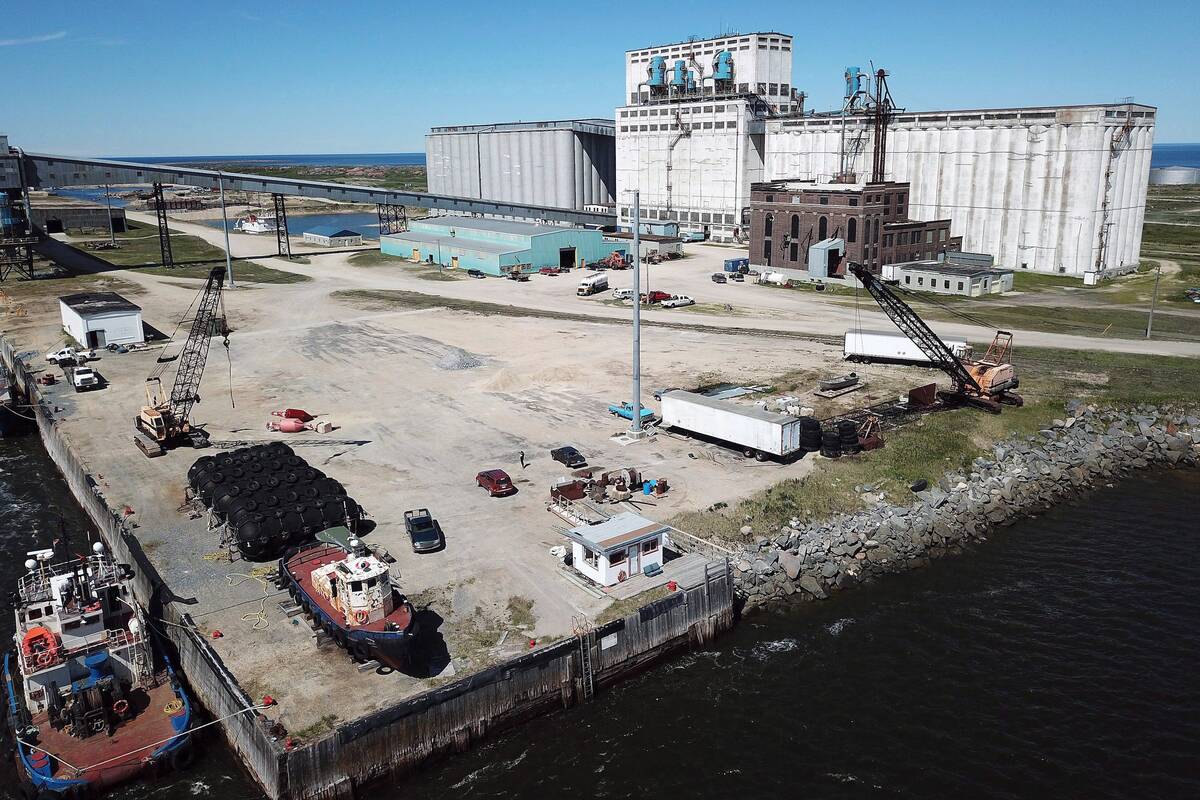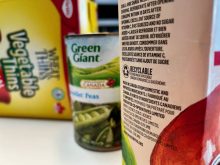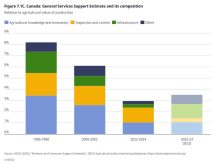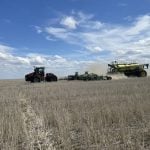Export-oriented farmers should emulate dairy farmers if they want to get their policies implemented, says Mike Gifford, Canada’s former chief agricultural trade negotiator.
“If you want to influence politicians you basically have to spend money to lobby,” Gifford said during the Fields on Wheels conference Dec. 15 in Winnipeg. “That’s where the supply management sector, and the sugar sector in the U.S., have done a first-class job of lobbying their legislators.
“Dairy is extremely powerful and has done a first-rate job influencing every provincial MP, every federal MP, every federal minister, about the importance and significance of protecting supply management.”
Read Also

Air, land and sea join forces as Manitoba launches Arctic trade corridor plans
Manitoba wants to take its Arctic trade routes to the big leagues. The Port of Churchill, CentrePort Canada and Winnipeg airport have all raised their hands to help it happen.
During the Uruguay Round of World Trade Organization talks between 1986 and 1994 every provincial government, except for Alberta, favoured saving supply management at all costs, said Gifford, who negotiated for Canada.
“Their interest wasn’t on improving access for western Canadian agriculture that is export oriented, but a complete preoccupation with dairy and poultry,” he said. “And today the only difference is even Alberta is part of the consensus in the Canadian political system that we have to protect supply management. Therefore, what you (export oriented farmers) have to do is lobby as well as the supply management guys lobby.
Carlo Dade, director of the Canada West Foundation’s Trade & Investment Centre, agreed. He told the conference farmers need to take their message directly to MPs in their ridings because the message that agricultural exports are important is not reaching them.
“Let’s make trade an issue,” Dade said.

















